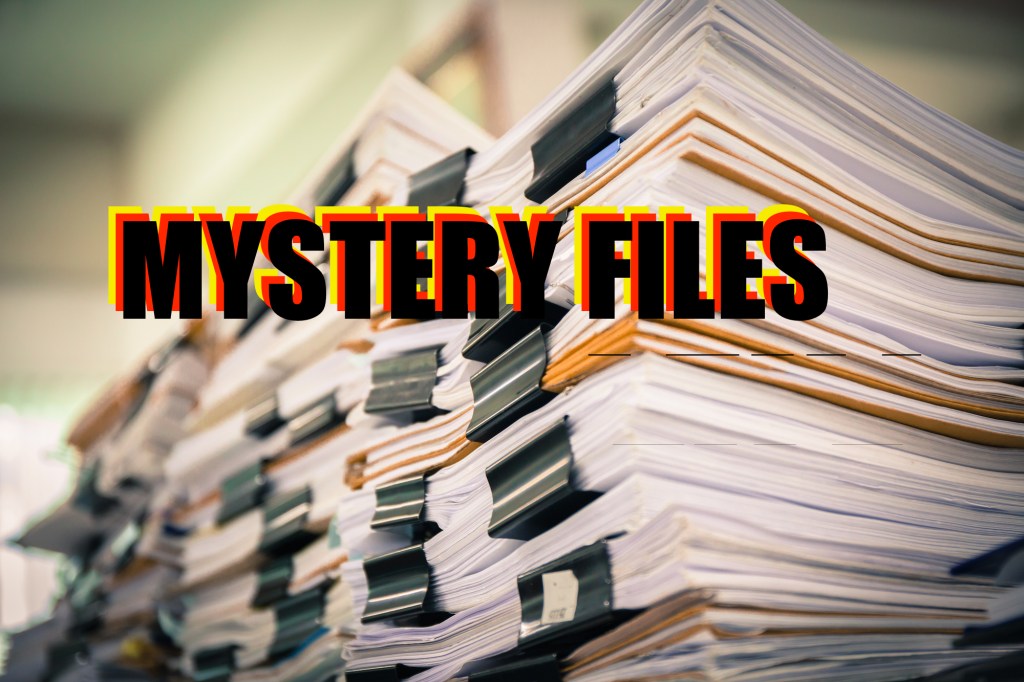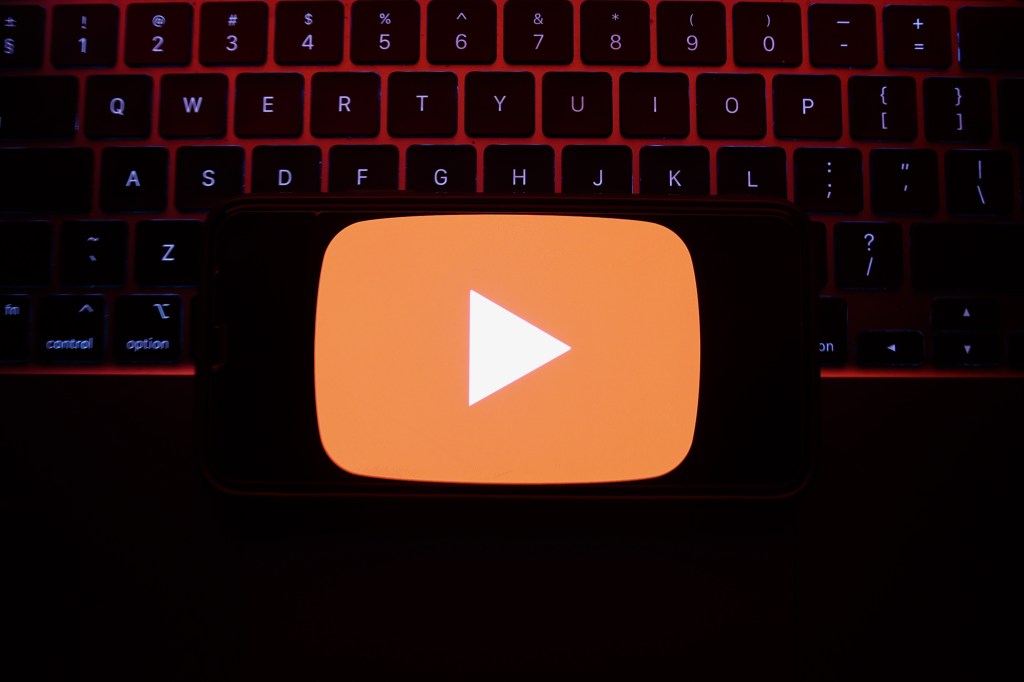The internet of today feels increasingly like cable TV, and less like the endless well of discovery it did, say, 10 years ago. Flip through Reddit, Twitter, Instagram, Facebook, repeat. Our walled gardens funnel us to these platforms over and over again, and, just like cable, there’s new content every day but the channels stay the same.
I’ve been able to recapture a bit of the wonder I used to feel ~surfin’ the web~ thanks to a newly rediscovered love of open directories. Open directories are the digital equivalent of going to a yard sale or a thrift store. They are, quite literally, lists of direct links to files, many—but not all—of which are useless junk.
Videos by VICE

Open directories are folders of files that are uploaded to a web server somewhere, generally so they can be linked to elsewhere on the internet in a much more searchable and navigable fashion. If I had a website called jason.com, jason.com/files is where I would put the images and videos I wanted to show on the home page. But if you navigate directly to that address, you’ll just see a long list of links, with no real idea what each one is unless I’ve used very descriptive filenames.
In fact they’re not even really web sites, they’re default folders you use when you upload files using FTP or host stuff on the internet that you may or may not want to link to.
Open directories can be, but aren’t always, a vulnerability or oversight—lots of large agencies and companies have just left sensitive data open to anyone who knows where to look. For example, Georgia left the state voter database and passwords used by election workers to sign into a central server exposed in an open directory last year.

I’m not terribly interested in finding sensitive information, but open directories are also used by people to share large batches of miscellaneous files. A subreddit dedicated to the lowly open directory links to thousands of these password-unprotected directories—there’s folders full of books, movies, tv shows, pictures, video game ROMs and instruction manuals, magazines, porn, online courses, and, perhaps most importantly, pumpkin carving stencil PDFs. Because links in open directories are text-based, every click is a new adventure. You might know what you’re getting when you click on the “mario.pdf” stencil, but how about “tesla.pdf?” The scientist or the car? No way of knowing until you click.
For whatever reason, I find open directories to be fascinating, a kind of archaeological dig through a simpler time on the internet. May they never disappear.




